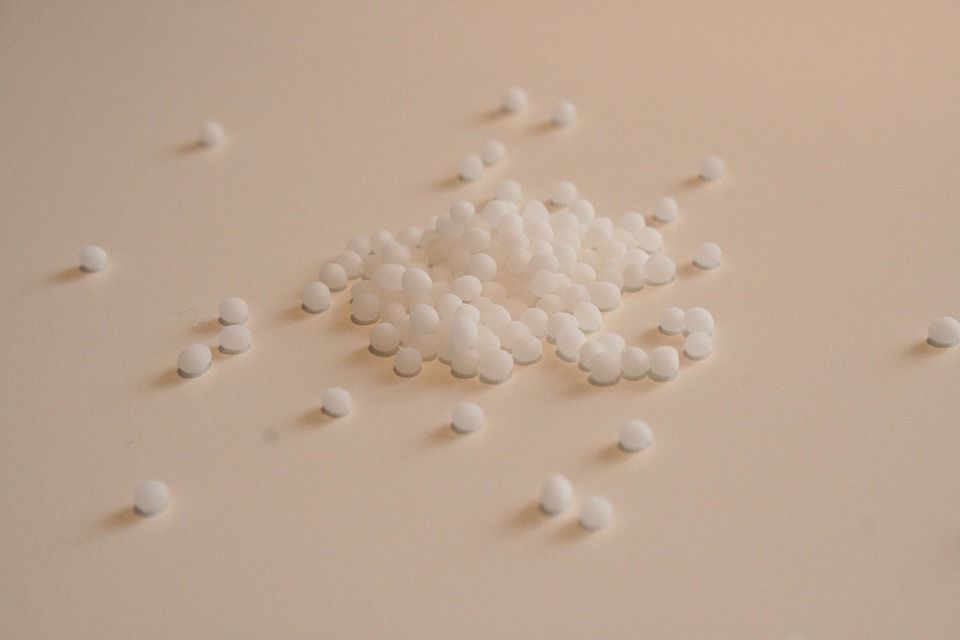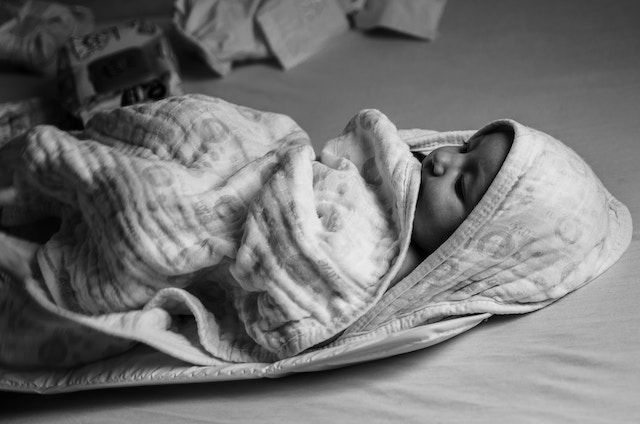Midwives and Homeopathy
General Misconceptions Regarding Commitment to Evidence-based Practices for the Well-being of Mothers and Children.
Recently, a debate has emerged regarding whether midwives have a particular inclination towards homeopathy and if they recommend this form of therapy uncritically to new parents. This article examines the possible reasons for this allegation and highlights the position of Andrea Ramsell, a representative of the German Midwives Association, on this issue.
Homeopathy is an alternative medical practice based on the idea that tiny amounts of substances that cause symptoms similar to a disease can help heal that disease. There are numerous followers of this practice who believe in its effectiveness. However, the scientific community is predominantly skeptical, as there is little convincing evidence for the efficacy of homeopathy.
In recent years, there has been a growing interest in alternative healing methods and natural therapy forms, especially among young parents. Many of them rely on homeopathy and other alternative medicine to support their children with minor ailments. Some critics accuse midwives of uncritically recommending the use of homeopathy and globules, thus contributing to the growing interest.
 Image by ElliRakete
Image by ElliRakete
Andrea Ramsell, a representative of the German Midwives Association, refutes these allegations and emphasizes that midwives do not have a particular inclination towards homeopathy. She argues that midwives are comprehensively trained, with the well-being of the mother and child always at the forefront. Ramsell explains that midwives are open to various approaches but are also informed about the limitations of homeopathy and would not recommend it blindly.
Midwives are professionals in the field of obstetrics and support women during pregnancy, childbirth, and postpartum. They are generally open to various therapy approaches, including alternative medicine. It is important to emphasize that midwives provide individualized care tailored to the needs and preferences of the mother and child. Therefore, the recommendation of therapy approaches varies from case to case.
There are some studies that have investigated the use of homeopathy among midwives. Some of these studies have shown that a portion of midwives applies homeopathy and other alternative therapy forms in their practice. However, the studies also emphasize that the majority of midwives would not recommend therapy forms that have no scientific basis.
It is important to consider the use of homeopathy and other alternative therapy forms in the context of overall care. While some midwives may recommend homeopathy as a complementary treatment, they generally do not use it as the sole therapy. Instead, they supplement conventional medical care, ensuring the safety and well-being of mother and child.
Midwives' education is comprehensive, encompassing both medical knowledge and knowledge of complementary therapy forms. During their training, midwives learn to apply evidence-based practices and ensure the best possible care for their patients. The professional ethics of midwives require them to prioritize the health and well-being of mother and child and not recommend treatments that could potentially be harmful.
The discussion about midwives and their inclination towards homeopathy is complex and multifaceted. It is important to emphasize that midwives provide comprehensive and individualized care tailored to the needs and preferences of mother and child. The education and professional ethics of midwives ensure that they apply evidence-based practices and always prioritize the well-being of their patients.
Although there may be some midwives who recommend homeopathy and other alternative therapy forms, it is not appropriate to consider this as a general tendency among midwives. The majority of midwives are aware of the limitations of homeopathy and would not recommend therapy forms that have no scientific basis. Therefore, it is important to question the allegation that midwives have
Source: Spiegel





